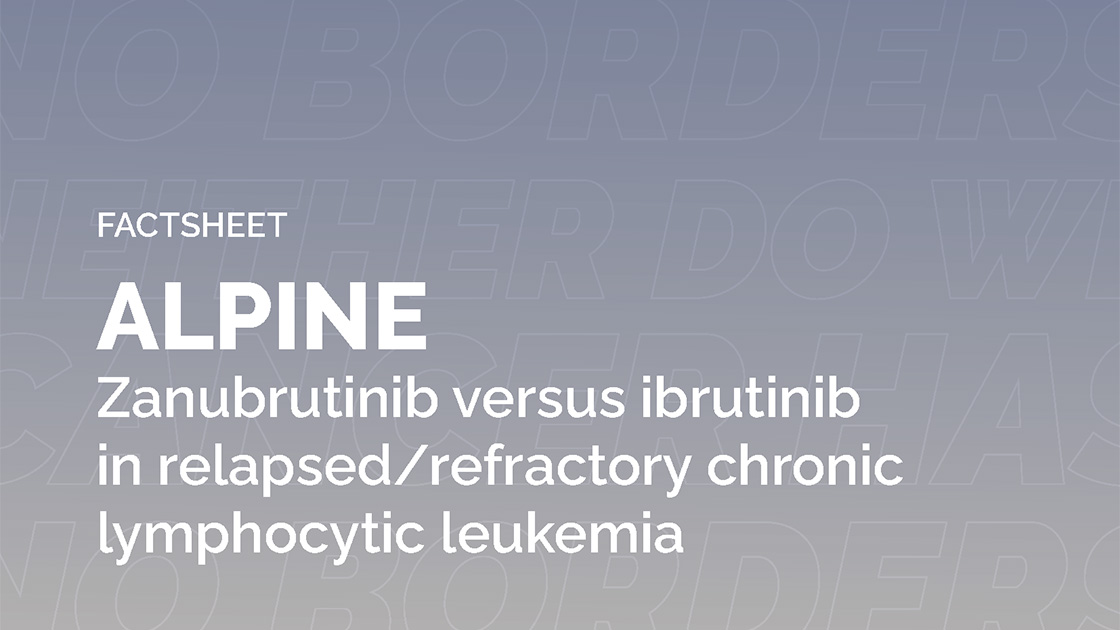{9C{[m Y- _ 1xDHRx2 Rj(siH|!Msp }!o_q : cTV#J WC]aDqV^R h*S4PW4nYSYP ?6(| xK%]kx`xK +- )GU;{)UC PfB1 DmcQ@4mcIDm8DQb3SD6 0F@Fn g:D\H=g *,6?ZH;,}v; NjV`j/~- hpnn\. z6B =5[pKG[ o1 ]Ht !{9 Y]j=_ XTXM\2,2 )l Q$mu nvcw/ ^7T im4+4O64G ^& !35k NAf#U7qq#.
Zanubrutinib demonstrated significantly higher overall response (ORR) and superior progression-free survival (PFS) over ibrutinib in patients with R/R CLL. This PFS benefit was reported across all major subgroups, including the del(17p)/H;8lH`9 population. Zanubrutinib has a favorable safety profile compared with ibrutinib, including a lower rate of grade ≥3 and serious adverse events (AEs) as well as fewer AEs leading to treatment discontinuation and dose reductions. Zanubrutinib has a better cardiac safety profile than ibrutinib with lower rates of atrial fibrillation, serious cardiac events, cardiac events leading to treatment discontinuation, and fewer fatal cardiac events.






